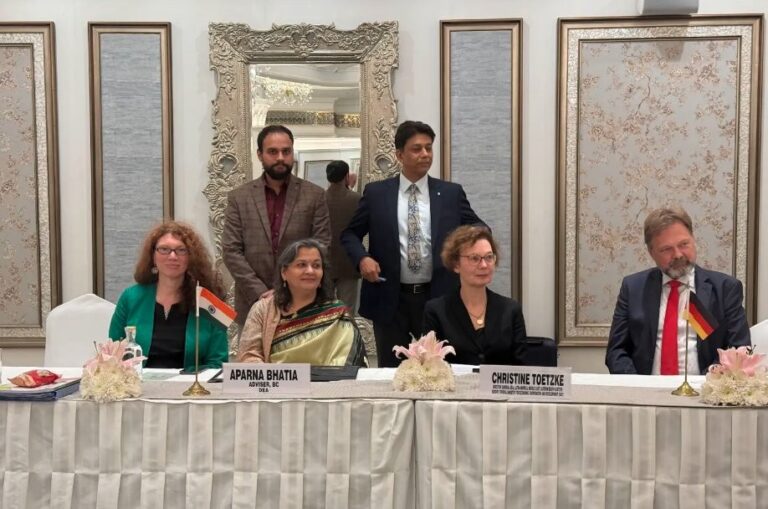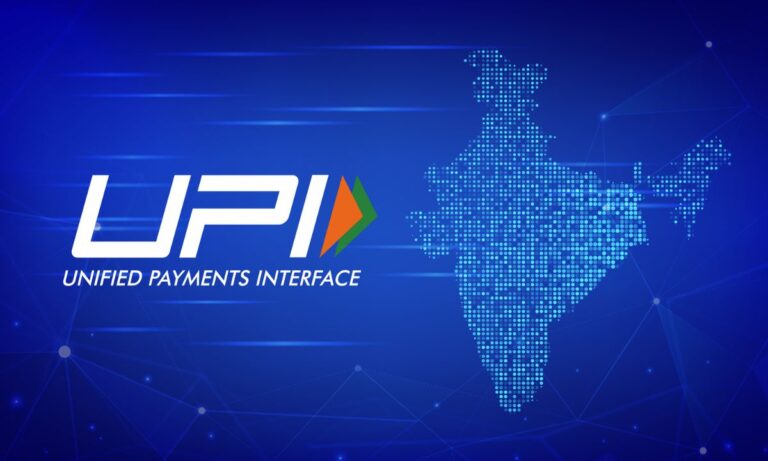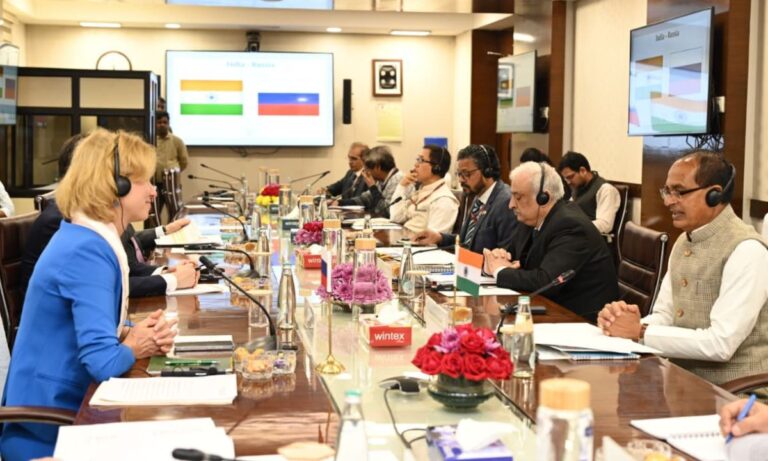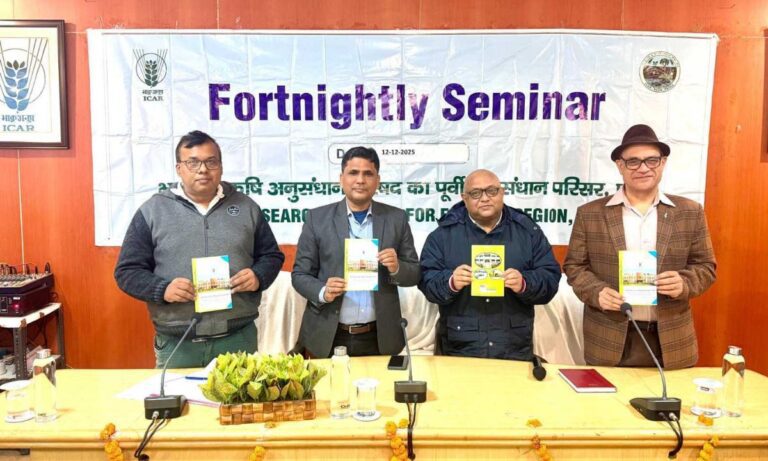
In a significant development, the president of the United Nations General Assembly, Dennis Francis, has voiced his optimism regarding India’s potential to secure a permanent seat on the UN Security Council (UNSC). This assertion comes amidst India’s steadfast advocacy for structural and functional reforms within the United Nations framework.
The momentum towards India’s inclusion in the UNSC gained traction during September 2023, coinciding with India’s presidency of the G20. During this period, Indian Foreign Minister S Jaishankar hinted at a favorable response from global democracies towards India’s bid for a permanent UNSC seat. Subsequently, a joint statement issued following bilateral discussions between Indian Prime Minister Narendra Modi and US President Joe Biden reaffirmed India’s stance. The statement underscored the necessity for global governance to be more inclusive and representative, advocating for a reformed UNSC that accurately reflects contemporary realities. It reiterated India’s commitment to a comprehensive UN reform agenda, with a specific emphasis on securing permanent membership for India.
However, it is notable that while the joint statement acknowledged India’s candidacy for a non-permanent seat on the UNSC for the term 2028-2029, it stopped short of endorsing India’s bid for permanent membership. This discrepancy underscores the irony inherent in the position of certain Western nations, particularly the United States, a permanent member of the UNSC. Despite championing democratic values and the global fight against terrorism, these nations maintain a stance that excludes India—a longstanding member of the UN and the world’s largest democracy—from the elite group known as the P5, two of which are not democracies themselves.
The reluctance to expand the P5 and include India as a permanent member raises questions about the commitment of these nations to the principles of inclusivity and representation within the international community. India’s absence from the UNSC’s permanent membership not only undermines the credibility of the Council but also impedes its ability to effectively address contemporary global challenges.
As India continues to assert its rightful place on the global stage, the call for reform within the UNSC grows louder. The need for a more inclusive and representative Security Council—one that reflects the diverse geopolitical landscape of the 21st century—is undeniable. India’s candidacy for permanent membership embodies this imperative for reform, and it is incumbent upon the international community to heed this call and facilitate India’s accession to the UNSC’s highest echelon. Only through such reforms can the UNSC truly fulfill its mandate of maintaining international peace and security in an increasingly complex world.






